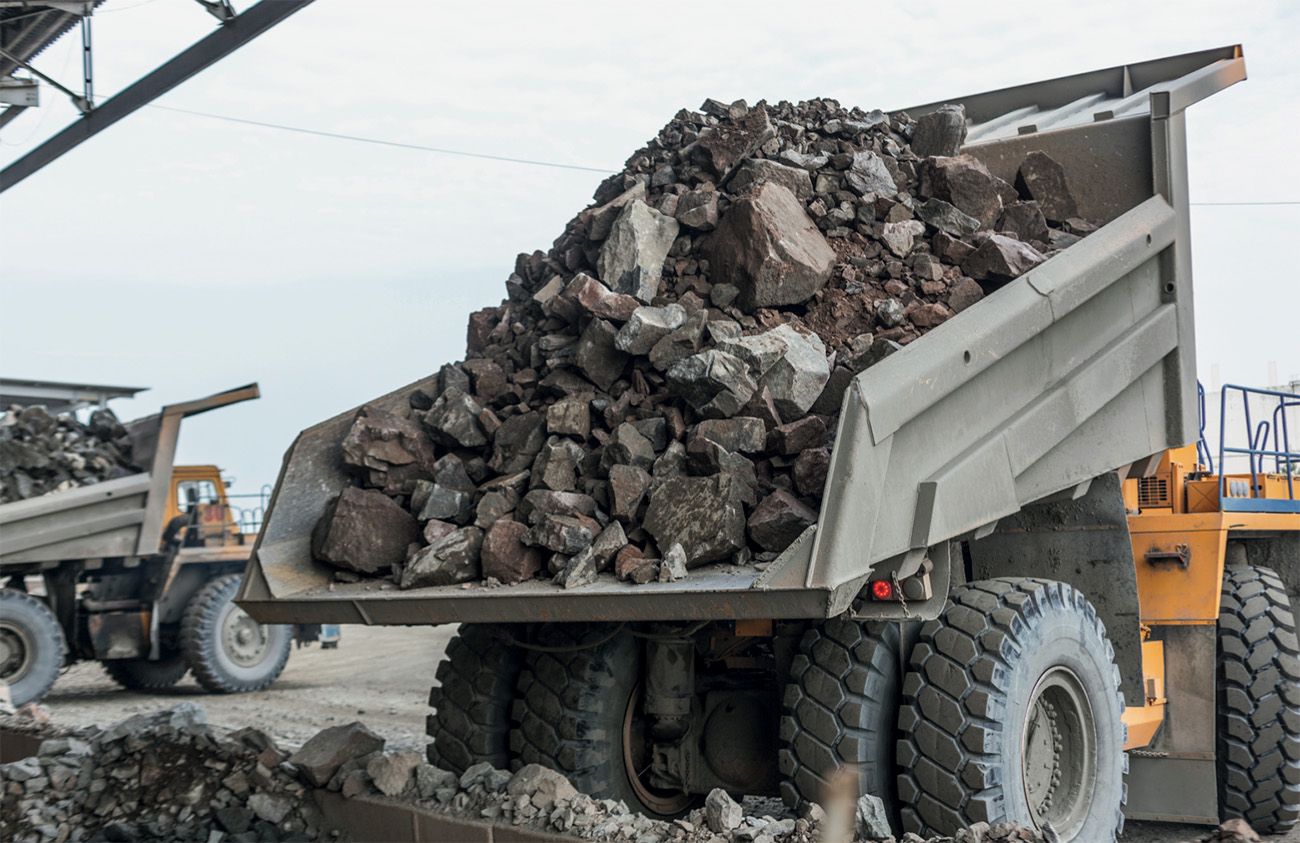Funding of workplace training and work-integrated learning for the construction and infrastructure industries
Funding and incentives structures for vocational education and training that better meet the needs of the Construction and Infrastructure sector.
Project outputs
See AllThe issue
Funding and incentive structures for vocational education and workforce development in the Construction and Infrastructure sector could be optimised and best aligned with the government's broader objectives for vocational education and training.
More information about the context for the research and the high-level model of the resourcing flows in the system is available here: Background report - Funding of workplace training
Intended outcomes
The main questions we want to answer are how the funding and incentive structures for vocational education and workforce development in the Construction and Infrastructure sector can be optimised to:
- Create a more responsive system that promotes and maintains alignment between education outcomes and workforce needs
- Strengthen industry-education-government partnerships and co-investment in skills development
- Promote equitable access and outcomes from vocational education
The steps
- Interview a wide range of stakeholders across industry, tertiary education, and government
- Literature review and landscape scan
- Conceptual Model and Discussion paper
- Final report
Project status and expected delivery date: May 2025
Contract Research Organisation: Mischewski Consulting
Brenden Mischewski
Brenden has over twenty years of experience in policy, operational policy, and investment, focusing on improving public services for underserved populations and bridging traditional agency boundaries. He has held senior leadership, policy, quality assurance, and funding roles in DPMC, MBIE, MoE, MoH, MFAT, MSD, MPP, NZQA, TEC, and WDCs.
His expertise includes tertiary education, research quality, and Pacific health issues. Notable achievements include managing the $300m per annum Performance-Based Research Fund (PBRF), reviewing industry training to free up $55m for government reinvestment, completing two major Pacific health workforce forecasts, and establishing Workforce Development Councils (WDCs) to enhance sector governance and operations.
Roger Smyth
Roger is an independent advisor, consultant and commentator on tertiary education. He has more than 30 years’ experience working in senior roles in tertiary education – in university management, in government and as a consultant.
Until April 2017, he was Group Manager, Tertiary Education Policy at the Ministry of Education. Before joining the Ministry in 2002, he worked for 14 years as an academic manager at Lincoln University, becoming Assistant Vice-Chancellor in 2001.
Project Status: Complete
Contract Research Organisation: ConCOVE

Related projects
Evaluation of government policy settings for apprentices
Understand the extent to which government apprenticeship policy settings are working

Supporting technical experts to become work-based trainers
Developing and trialing tools and resources that support work-based trainers to improve their practice

VET in schools: towards a model for Year 12 & 13 in New Zealand schools
VET in schools: towards a model for Year 12 & 13 in New Zealand
Degree-level apprenticeship (DLA) comparative pilot
Degree-level apprenticeship pilots
The place of micro-credentials in New Zealand
The place of micro-credentials in New Zealand
Investigating training advisors in work-based learning in the construction and infrastructure sectors
Analysing systemic forces for workforce development alongside

Civil Construction: A requirement for a robust and reliable training pipeline
Providing recommendations to combat the skilled labour shortage
Offsite manufacturing workforce forecast
Forecasting the size of the offsite manufacturing workforce required across the next 5-10 years

Workforce journey indicators data dashboard
A data project to understand how people navigate in and out of the construction workforce
Where is the front door? An investigation into the workforce entry points within the Construction and Infrastructure sector
Mapping the multiple entry points into the construction and infrastructure sectors

Environmental competency training
Ascertaining the specific skills required to meet the government’s environmental goals
Framework for Māori in high-skill roles
Understanding skills shortages experienced by Māori firms to support Māori into high-skill roles

From skilled industry practitioner to Kaiako
Analysing the current kaiako training to identify effective practices in classroom-based tertiary education

Temporary traffic management credentials framework
Informing the development of an improved TTM Credentials Framework

The New Zealand Quarrying Industry’s Possible Futures Toward 2030
Predicting the trends that will impact the quarrying industry to guide quarrying practice
Women’s experiences working in Construction and Infrastructure
Women’s experiences working in Construction and Infrastructure
Skill standards
Good Practice in the Development and Implementation of Skill Standards-Based Qualifications
Neurodiversity
Neurodiversity
Pathways to Successful SMEs
Pathways to Successful SMEs
A Case Study: Cook Brothers Construction Apprentice Academy
A Case Study: Cook Brothers Construction Apprentice Academy

AI Generated Assessment
Using artificial intelligence to create high-quality, engaging, and personalised assessments
A Case Study: Augmented reality in welding training
A Case Study: Augmented reality in welding training
Future workforce skills for Māori and Pasifika owned businesses in construction
Industry Analysis
ConstrucTrend: Vocational Workforce Survey
ConstrucTrend: Vocational Workforce Survey
Co-design guidance for allyship (upstander/ bystander) training
Practical guidance for providers and employers to implement allyship/upstander training in their organisation…